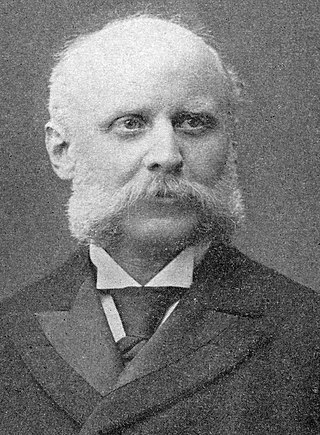
Joshua Levering was a prominent Baptist and a candidate for president of the United States in 1896. He was president of the trustees of The Southern Baptist Theological Seminary in Louisville, Kentucky, president of the Southern Baptist Convention, co-founder of the American Baptist Educational Society, and co-founder of the Layman's Missionary Movement.
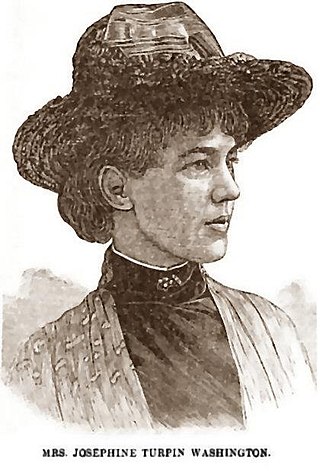
Josephine Turpin Washington was an African-American writer and teacher. A long-time educator and a frequent contributor, Washington devised articles to magazines and newspapers typically concerning some aspect of racism in America. Washington was a great-granddaughter of Mary Jefferson Turpin, a paternal aunt of Thomas Jefferson.

Thomas Memory Turner was an American composer, band leader, and music professor. He was known to his friends as "Mem".
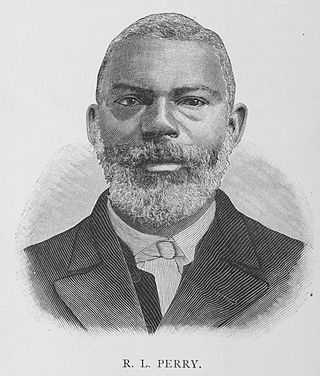
Rufus L. Perry was an American educator, journalist, and Baptist minister from Brooklyn, New York. He was a prominent member of the African Civilization Society and was a co-founder of the Howard Colored Orphan Asylum, which developed from it. He was the editor of numerous newspapers and journals, most notably the National Monitor. He was a prominent Baptist, and in 1886 he founded the Messiah Baptist Church, where he was pastor until his death. He was also a classical scholar.

Artishia Garcia Gilbert (1868–1904) was an African American physician who was likely the first African American woman licensed to practice medicine in the U.S. state of Kentucky. After earning her undergraduate and master's degrees in Kentucky, Gilbert earned her medical degree in Washington, D.C. While continuing her education, Gilbert taught at her alma mater and upon obtaining her license both continued to teach and practiced medicine in Louisville.

Katherine Davis Chapman Tillman was an American writer.
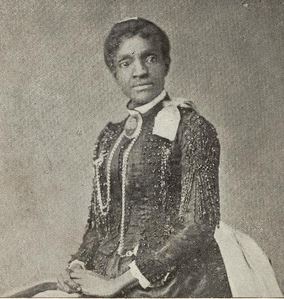
Nellie A. Ramsey Leslie was notable as a teacher, musician and composer, working in Louisiana and Mississippi, and then in Indian Territory and Corpus Christi, Texas, where she founded a musical conservatory for girls. Born into slavery in Virginia, after emancipation she gained schooling in Ohio and moved to Louisiana to teach for the Freedmen's Bureau. She attended the Normal School of Straight University and gained further training as a teacher. Teaching in Louisiana, Mississippi, Indian Territory, and Texas, Leslie educated freedmen and their children. She was widely known as a music educator and composer, as well as performer, although none of her works is known to be extant.

Our Women and Children was a magazine published in Louisville, Kentucky by the American Baptist, the state Baptist newspaper. Founded in 1888 by William J. Simmons, president of State University, the magazine featured the work of African-American women journalists and covered both juvenile literature and articles focusing on uplifting the race. The magazine staff was made up of women who had an affiliation with State University. Of the hundreds of magazines begun in the United States between 1890 and 1950, very few gave editorial control or ownership to African American Women. Our Women and Children was one of them. It had a national reputation and became the leading black magazine in Kentucky before it folded in 1891 after Simmons' death.

Georgia Mabel DeBaptiste (1867–1951) was an African-American journalist, teacher and social worker from Chicago. After completing her education, she taught at various notable black schools before becoming the first woman of African descent to be employed at the Chicago Post Office.

Lucy Wilmot Smith was an American teacher, journalist, editor, suffragist, and historian from the U.S. state of Kentucky. She was one of only a few women to hold an office in the American National Baptist Convention. Her teaching career began in 1877 while her journalism career began in 1884.
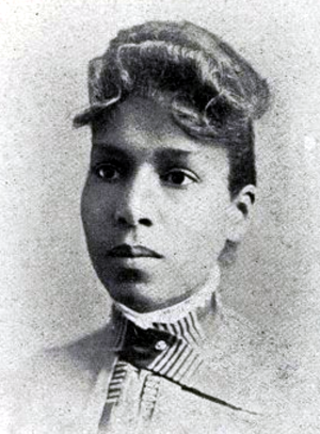
Lucie Johnson Scruggs was born into slavery and she became an educator and writer from the U.S. state of Virginia. She was married to a biographer of noted women and he included her in his book.

Lawson Andrew Scruggs (1857–1914) was a physician in North Carolina who was active in politics and civil rights. He was African American. In 1893, he published a volume of biographies of African-American Women, Women of Distinction.

Lucretia Newman Coleman was an African-American writer born in Canada to a fugitive slave. Fluent at the end of the nineteenth-century, her works were praised by her contemporaries of the African-American press.
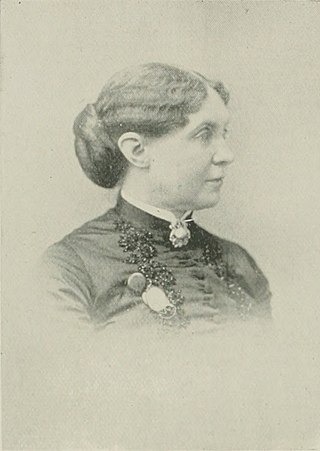
Emily Lucas Blackall was a 19th-century American author and philanthropist. Her first published book was Superior to Circumstances, which was followed by Melodies from Nature, and Won and Not One. She also contributed short stories and biographical sketches to various periodicals, and was a frequent contributor to missionary literature. She became identified with the woman's temperance crusade and aided in forming the Woman's Christian Temperance Union. Blackall died in 1892.
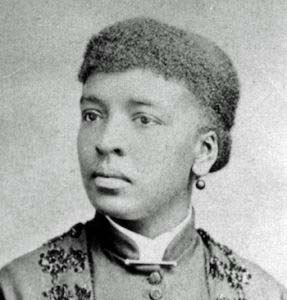
Louise Celia "Lulu" Fleming was an American medical doctor. She was one of the first African Americans to graduate from the Women's Medical College of Pennsylvania. She returned from Africa to improve her skills and she was the first African American woman to be commissioned for work in Africa by the Woman's American Baptist Foreign Missionary Society.
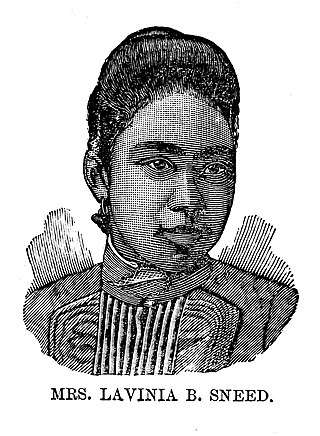
Lavinia B. Sneed was an American journalist, known for her prolific work and accessible style of writing.

Alice Elizabeth McEwen was an African-American journalist, newspaper editor, and teacher. She was one of the twenty-three black women working as journalists in the United States prior to 1891.
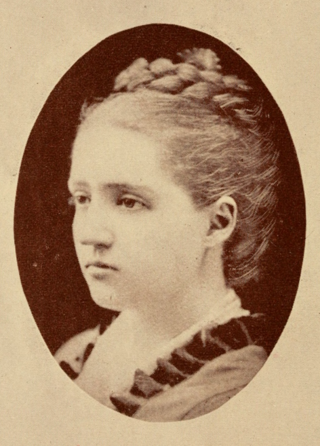
Florence V. Brittingham was an American poet and short story writer. She met with some success in writing for various periodicals, though she was quite occupied with helping her husband in his pastoral work and the pressing duties of home life to focus on her literary efforts. Verse and Story (1892), published after her death, contained some of her poems and six short stories. At St. Luke's Episcopal Church, Wheeling, West Virginia, she founded a Woman's Auxiliary organization, the first of its kind in the city.

Emma Howard Wight was an American author and newspaper correspondent. After leaving school, she wrote occasionally for amusement. Her friend, Bertha von Hillern, induced Wight to start publishing her work. Articles by Wight appeared in various papers and were extensively copied. Her numerous theological articles attracted wide attention. She also wrote serial novels. Among her works can be counted Passion flowers and the cross. A novel (1891), The Soul of Edmund Jaffray, an emotionalism in 1 act (1892), My husband (1893), A loveless marriage (1894), The little maid of Israel (1900), The Berkleys (1900), and Like No Other Love (1910).
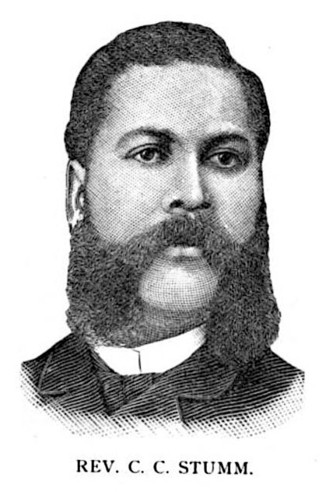
Rev. Chasteen C. Stumm (1848–1895) was an American minister, teacher, journalist, editor, and newspaper publisher. He was from Kentucky, and also lived in Tennessee, Massachusetts, Pennsylvania, and Virginia.




















